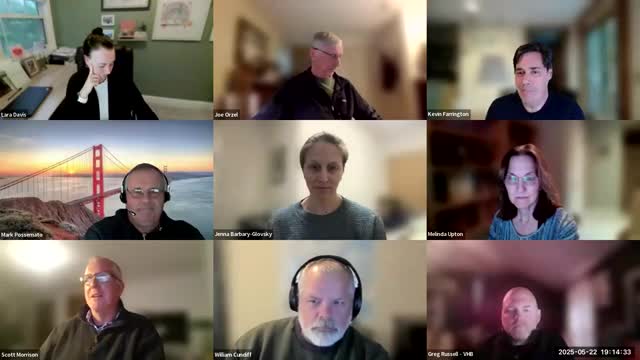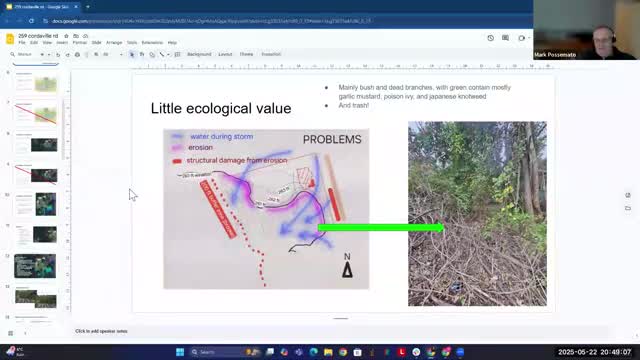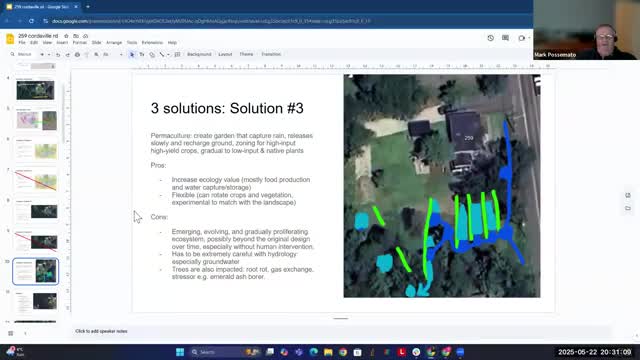Article not found
This article is no longer available. But don't worry—we've gathered other articles that discuss the same topic.

Wastewater committee explores reusing treated effluent to irrigate town golf course; SVT to review conservation restrictions

Restoration at Breakneck Hill paused after killdeer nest found on construction corridor

Meadow Lane flexible development design debated over stormwater discharge and wetland replication

Conservation commission continues public hearings on Woodland and Richards Road sidewalk projects

